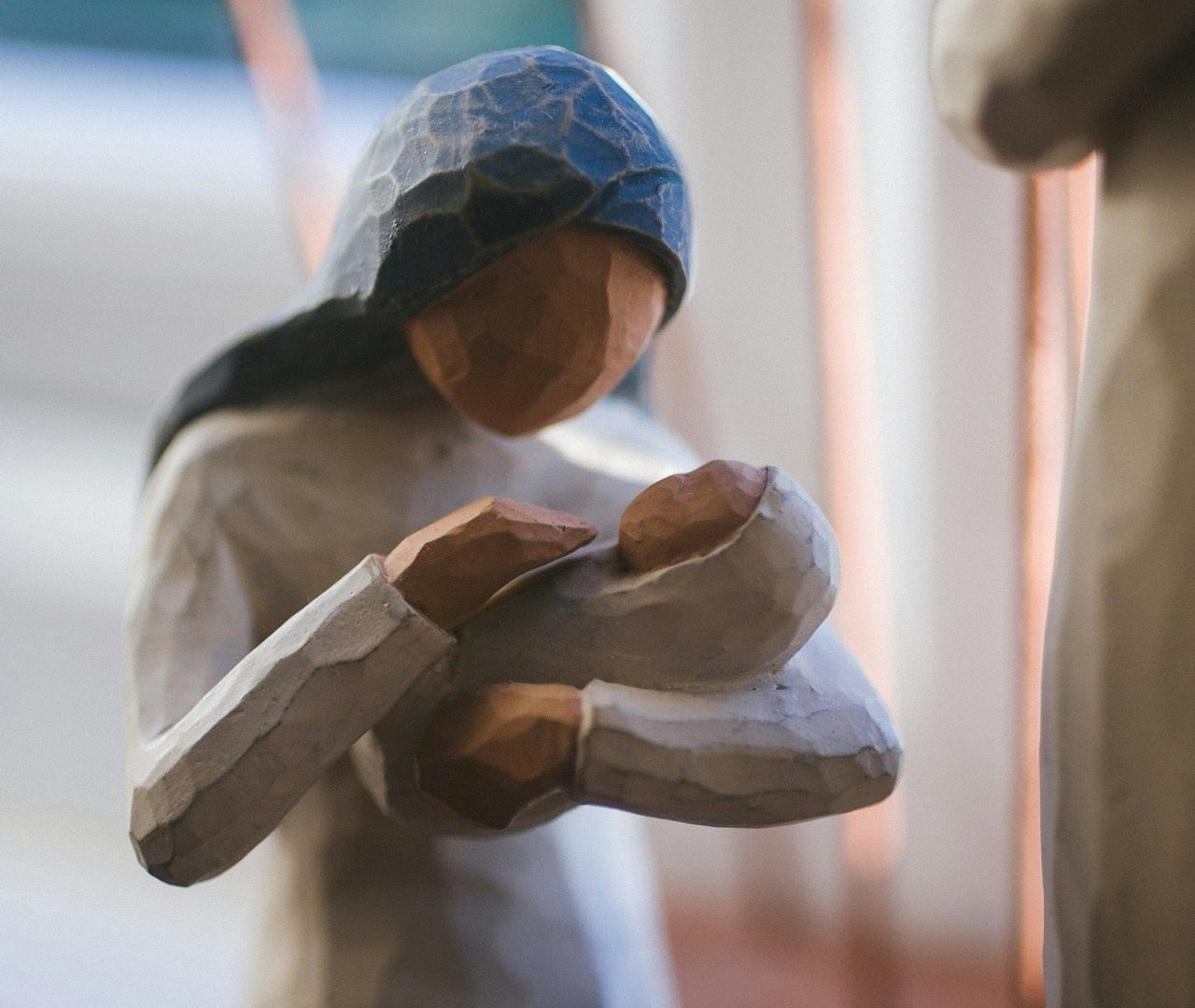To get to the truth about who Mary was and what her role is today, we first have to establish that the Christian faith is based on the Word of God (the Bible), not the words of man.
In 2 Timothy 3 verse 16, Timothy affirms that “All scripture is God-breathed”. In Proverbs 30 verse 6 the writer warns “Do not add to his (God’s) words”, much like Paul in 1 Corinthians 4 verse 6 who writes “you may learn by us not to go beyond what is written”.
The bible is the divinely inspired word of God. There is no authority higher than God and his word, and his word must not be added to. However, for the Roman Catholic Church the bible is important, but not the highest authority. It is the starting point of the gospel of Jesus Christ but can be expanded on by the Roman Catholic Church itself. We see this clearly in how the gift of salvation is taught in the bible as being obtained through faith in Jesus, whereas for the Roman Catholic salvation has become a sacramental journey which can only be administered by the Church itself. This is explained in more detail in ‘The history of the Roman Catholic Church’.
Which brings us to Mary, mother of Jesus, as described in the New Testament who is very different to today’s Mary and Mariology of the Roman Catholic Church.
Mary as described in the bible is typical of the key characters in the New Testament, in that they are not idolised because they are not the focus of the story, Jesus is. Mary is chosen by God to be the bearer of Jesus and when told of this by angel Gabriel, here is her response:
“And Mary said, “Behold, I am the servant of the Lord; let it be to me according to your word.”
Luke 1 verse 38
Notice Mary uses the word ‘servant’ not partner, or co-collaborator, but servant. This is contrary to the Roman Catholic Church’s belief that Mary’s role extends beyond being a servant of God at a period in history, to a continual distributor of God’s grace and a mediator and intercessor between God and man.
Mary also says “…let it be to me according to your word.” Because for Mary she understood the sovereignty of God’s word being above all others.
The Roman Catholic Church also promotes the idea that because Jesus was born and lived without sin, Mary was also without sin. However, Mary herself says “and my spirit rejoices in God my Savior” (Luke 1 verse 47), indicating that she thinks of herself as needing God’s salvation, just as the rest of humankind. The plain teaching of scripture is that ‘all have sinned and have fallen short of the glory of God’ (Romans 3.23). There is no reference to a supposedly special provision for anyone, even the humble servant who bore the Son of God.
To reiterate, Mary of the Roman Catholic Church has become a very different women to the biblical Mary mother of Jesus. The idea that Mary is somehow inseparable from Jesus, so that her role extends to the work of Jesus, has been projected onto her by the Roman Catholic Church.
In many ways this encapsulates much of Roman Catholicism in that the Roman Catholic Church has continually added to the truth of the gospel and the bible, so much so that it has far departed from it.
Deeper Dive